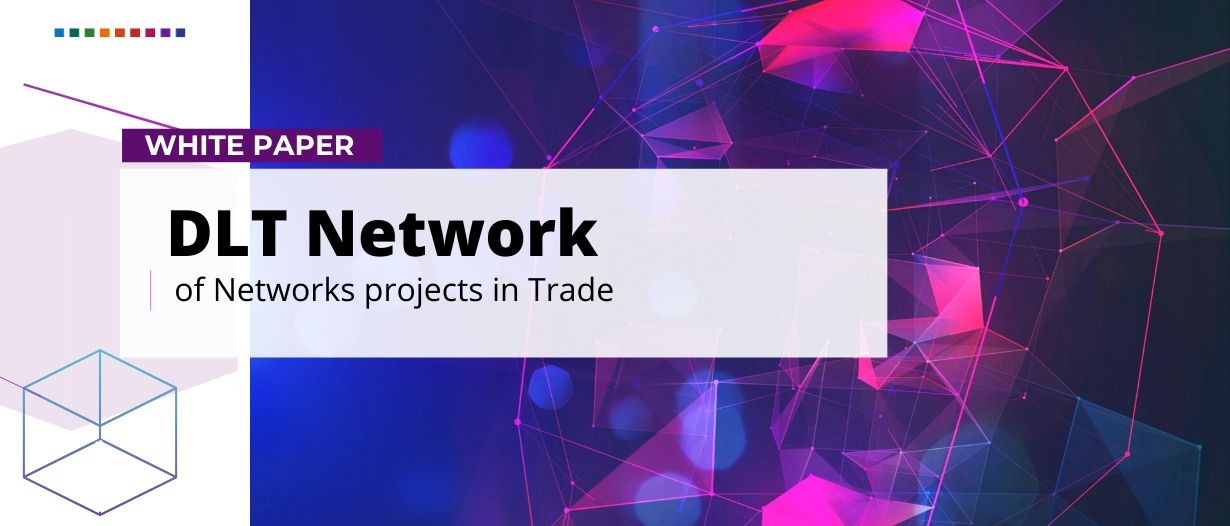Networks of networks are initiatives looking to harmonize the goals and efforts other varied initiatives. These projects are an excellent step towards standardizing the industry and bringing all players onto the same field, even if they might be on different teams.
ICC DSI

“We did not choose DLT. The world chose it and now the need for standardization has become apparent”
Hans J. Huber and David Bischof, Project Managers, ICC DSI
As part of its mandate in setting rules and standards the International Chamber of Commerce (ICC) is now developing a Digital Trade Standards Initiative (DSI) to develop cross-industry digital trade standards that will build on existing work that has been done in the industry by the Universal Trade Network (UTN) as well as other initiatives and organisations.
DSI will be leading efforts to digitise trade, notably by the creation of open trade and technology standards to drive technical interoperability among the numerous blockchain-based networks and technology platforms that have entered the trade and trade finance space over the past two years.
Work is set to commence at the beginning of 2020 and will gradually cover all areas of trade and trade assets. The fundamental aim is to deflate the number of data formats that exist and simplify data exchange between different blockchain systems. The initiative’s ambition is also to design frameworks and standards for cross-ledger attestation and transaction finality as well as standards around digital identities and globally unified rules for the use of smart contracts in trade.
The aim is to promote standards already in use and reconcile potentially competing standards. The DSI supports the creation of standards for all systems, blockchain or otherwise and aim to form a horizontal layer beneath all trade systems and form a network of networks. The ICC DSI initiative will be open for all organisations supporting the core mandate.
TradeFinex

“A network of networks does not see competition only interoperability”
– Atul Khekade, Co-Founder and Ecosystem Development, TradeFinex Tech Ltd.
TradeFinex aims to be a network of networks by connecting several DLT and non-DLT trade finance initiatives, such as Voltron and SWIFT MT 798. Created in 2017, TradeFinex consists of a company with an underlying network backed by a community of 11,000 members and over 30 MSMEs. The Governing members can opt for a masternode of XinFin Network, the underlying blockchain network, or opt for a Hybrid Council node. Hybrid nodes can combine R3 Corda Enterprise, Hyperledger Besu Enterprise, or Oracle Enterprise Node with the XinFin Masternode.
The project is currently live with receivables discounting and has plans to introduce Letters of Credit by 2020. As a future phase, TradeFinex intends to interoperate with Bolero for accessing Digitized Bills of Lading. TradeFinex also being integrated with Tradeshift marketplace. To accomplish these goals DLT was chosen for its instant access and ownership over data, tokenization of assets, real-time settlements, counterparty risk mitigation, and decentralization.
In 2018, the TradeFinex platform was used by Ramco Air France KLM Labs for a PoC of supply chain finance for Airline suppliers. In 2019, a USD 10 million undisclosed-buyer-led supply-chain management program for engine parts was launched.





























